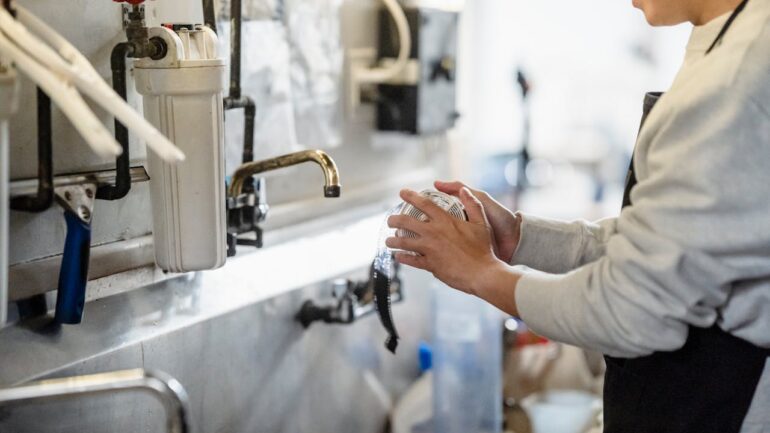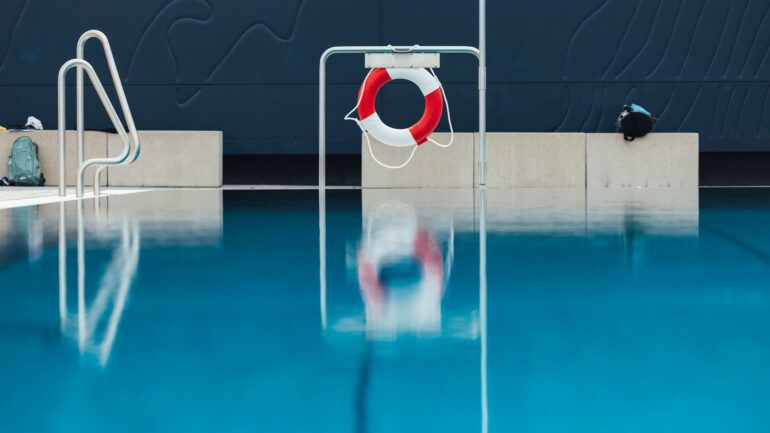Maintaining a healthy home plumbing system ensures a safe and efficient household. Plumbing systems are often overlooked once a problem arises, leading to emergency repairs and potential water damage. Maintaining your plumbing system regularly will help save these expensive repairs and ensure its durability and effectiveness. Learning how to manage residential plumbing effectively can save you time and money in the long run. This article provides essential tips and practical advice for homeowners to keep their plumbing systems in shape, focusing on regular check-ups, preventative measures, and eco-friendly practices.
Contents
Importance of Regular Plumbing Checks
Regular plumbing checks are crucial for maintaining the health and efficiency of a home’s water systems. These residential plumbing assessments help identify and fix minor issues before they become significant problems, such as leaks, blockages, or pipe bursts, which can cause considerable damage and costly repairs. Regular checks also ensure that plumbing fixtures and appliances function optimally, conserving water and cutting utility expenses. Furthermore, by halting mold development and water contamination, routine maintenance can improve water quality, prolong the plumbing system’s life, and make living spaces healthier.
Preventing Common Plumbing Issues
Common plumbing issues like clogs, leaks, and water heater problems can be prevented with simple habits and maintenance practices. The collection of grease, soap scum, and hair all contribute to clogged drains. Avoid pouring grease, use filters, and clean them regularly to prevent clogs. Water heaters should be flushed periodically to remove sediment buildup. For environmentally friendly practices, consider installing water-saving fixtures and being mindful of water usage to reduce your water bill and conserve water resources.
DIY Tips for Minor Plumbing Repairs
While specific plumbing issues require expert assistance, simple fixes are doable with the correct equipment and know-how. Learning to unclog drains, fix minor leaks, and replace worn-out fixtures can save time and money. For instance, unclogging a drain often only requires a plunger or a drain snake. Minor leaks can be fixed using a plumber’s tape and a pipe wrench. These simple tools and basic plumbing knowledge can empower homeowners to handle minor issues before they escalate into major problems.
Tools Every Homeowner Should Have
- Plunger: Essential for unclogging toilets and drains.
- Pipe wrench: Useful for gripping and turning pipes.
- Plumber’s tape: Helps create a watertight seal on threaded pipe joints.
- Drain snake: Handy for removing clogs from drains and pipes.
Eco-Friendly Plumbing Practices
Use eco-friendly plumbing techniques to help save the environment, reduce utility costs, and use less water. Installing low-flow fixtures like faucets, showerheads, and toilets can significantly reduce water consumption. Fixing leaks promptly helps conserve water and prevents high water bills. In addition, think about gathering rainwater for outside tasks like gardening and watering with a rain barrel. These small changes can positively impact the environment and reduce your household’s water footprint.
Signs You Need a Professional Plumber
Knowing when to call a professional is critical to avoiding larger issues that could lead to significant damage and costly repairs. You need expert help if your plumbing system makes strange noises or odors, has reoccurring clogs, leaks that don’t go away, or has low water pressure. A skilled plumber possesses the tools and knowledge to identify and resolve intricate plumbing issues, ensuring your system functions efficiently and safely. Be mindful of these typical signs that signify the need for a professional plumber. By promptly treating these issues with expert aid, you can stop future harm and save money.




